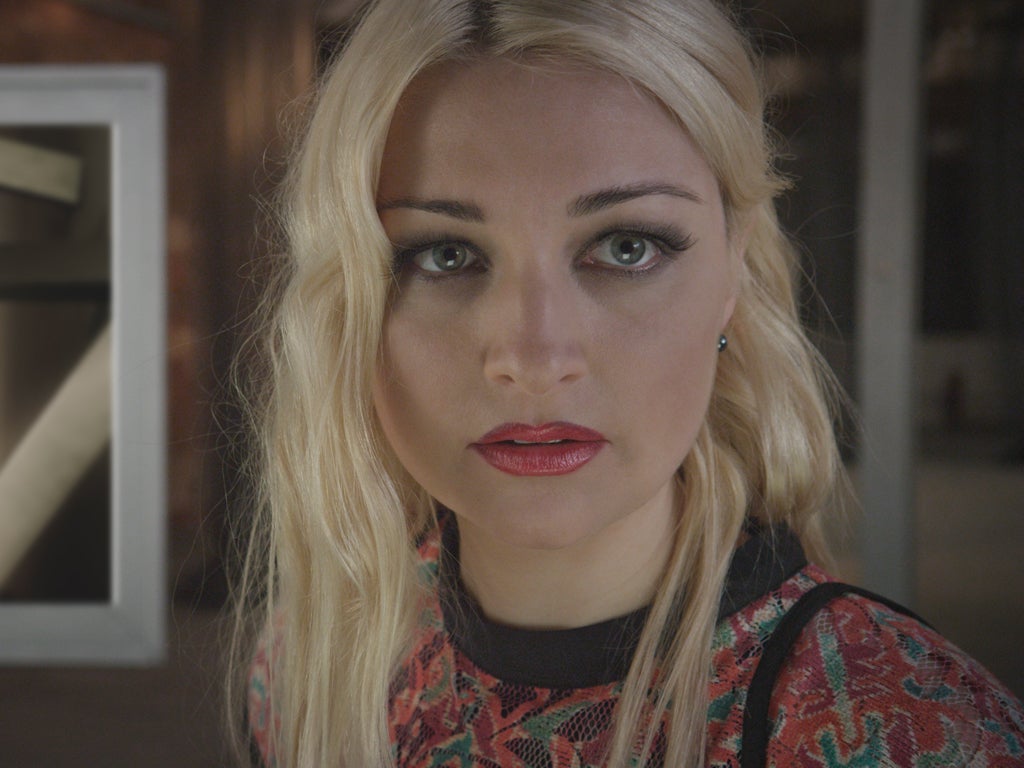Classical review: Sunken Garden, Barbican, London
In Cloud Atlas author David Mitchell's collaboration with Michel van der Aa we neither know nor care what is going on - it is a work of remarkable arrogance

The Dutch composer-director Michel van der Aa has made his name by mixing film and live action, and by taking control of every element of his productions in pursuit of his obsession with existential solitude.
Co-produced by a European consortium led by English National Opera, and here getting its world premiere, Sunken Garden breaks new ground for opera with the addition of 3D film (though as van der Aa admits, opera does come in 3D already). And for this piece he has brought in novelist David Mitchell, author of Cloud Atlas, as his librettist.
As van der Aa puts it, this opera works on three interrelated levels. As a whodunit, investigating some mysterious disappearances; as the story of the making of a film about parachuting; and as the portrait of the dreamlike world of a ‘sunken garden’ pitched between life and death. He has aimed to create a film-noir atmosphere in which three live characters will interact with two filmed ones – one of whom is an art school drop-out played by the Australian pop-star Kate Miller-Heidke – in a plot too labyrinthine to permit summarising here. He has enlisted three excellent singers – baritone Roderick Williams and sopranos Katherine Manley and Claron McFadden – as his onstage performers.
Composer and librettist clearly had fun concocting this piece, but for the rest of us the pleasure is not unalloyed. Since the soloists don’t always get their words across, and as there are no surtitles, the gnomic libretto ensures that we soon neither know nor care what’s going on. Miller-Heidke appears in interpolated videos, but her nondescript voice makes no sense of the derivative, part-electronic score which under André de Ridder’s direction trundles along in the pit.
The whodunit elements are clumsily handled, and the only moments which spark an audience response come with a mildly satirical video interview with a fictional gallery owner whose pretentions are dwarfed by those of the show we are watching.
Syrupy sentimentality comes in buckets with a sung account of a cot-death. Filmed in the Eden project, the 3D element is primitive, with its ‘vertical pond’ centrepiece recycling an effect which Jean Cocteau pioneered with infinitely more subtlety in his 1930 masterpiece Le sang d’un poète.
Aa’s 115-minute show has no interval: even Wagner thought twice before inflicting that length of time on his audiences. For this young experimentalist to think he could get away with it bespeaks quite remarkable arrogance.
Join our commenting forum
Join thought-provoking conversations, follow other Independent readers and see their replies
Comments
Bookmark popover
Removed from bookmarks